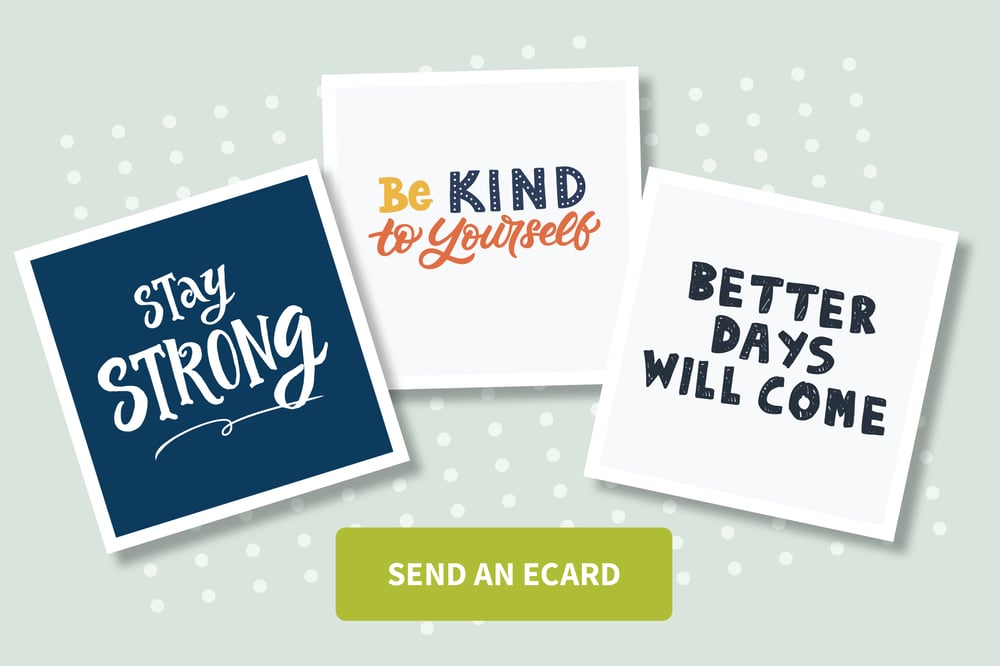Definition: Sadness or displeasure caused by the nonfulfillment of one's hopes or expectations.
It's bad enough being stuck at home and feeling isolated from friends and places that are important to you and your family, but as cancellations keep piling up, including graduations, sports, proms, concerts and vacations, the disappointment deepens and may even hurt more.
You and your kids may be sad or angry (or both) about the unfairness of it all. Guess what? That’s okay. It isn’t fair. A lot of hard work went into achieving goals, like graduation, and now the celebration seems small. Events that you’ve planned for and eagerly anticipated may not, or will not, happen.
Feeling sad, angry and disappointed is justified and, unfortunately, such feelings may hang around for a while.
It may surprise you to find out that what you’re experiencing is similar to the five stages of grief:
- Denial - (I don't believe that this is happening to me.)
- Anger - (I'm so angry that this is happening to me.)
- Bargaining - (I'll do anything to change what is happening to me.)
- Depression - (I feel hopeless about what is happening to me.)
- Acceptance - (I can go on living the rest my life and try to deal with my disappointments.)
It's understandable if you feel selfish, or even a little shame, for thinking about how this is affecting your family when others are losing loved ones or their livelihoods to this virus. But it’s important to recognize and understand that you’re experiencing loss, too.
You care about what happens in your life AND in the lives of others. It's okay to have mixed up feelings. Allow yourself to grieve the losses you’re experiencing.
So, what can you do to bounce back from disappointment, relieve stress, feel better and find your optimism? Take any or all of these steps in our Positive Mental Health activity for today…
- Pick yourself up. Try out some positive self-talk. Remind yourself of the good things you have going in your life. You may even find yourself being thankful that your situation isn't as bad as someone else's.
- Connect with friends in different ways. There are many online ways to connect in today's world. Be creative! You could even mail thank-you notes or letters to people that have been important in your life.
- Continue to improve yourself. Whether it is a sport, schoolwork or music, continue to practice and work hard to make yourself even better at what you are doing.
- Take care of yourself. Eat well, exercise, get enough sleep, shower, have a routine that gets you through each day.
- Embrace simplicity. You may begin to appreciate not having to get dressed up every day. Be mindful about being in the moment rather than worrying about what is coming next.
- Learn something new. Start a new hobby, learn a new language, play a new instrument. Try things that you never had time for before.
- Organize your life. Clean out drawers, closets and sort through everything in your bedroom. When you feel like you have no control with other things in your life right now, cleaning your space allows you to take control of something.
- Document your experience. Like it or not, you are living in a time that will go down in history. Keep a written or photographic diary of your self-quarantine experience.
- Make lists. Goals, dreams, blessings, favorite things – 88 Journal Topics has great ideas.
- Practice kindness. Compliment/praise/thank your family members for something each day, help around the house, support others.
- Give yourself a break. Turn off the TV, limit exposure to news reports.
- Just breathe. Get outside, open a window, breathe in fresh air.



